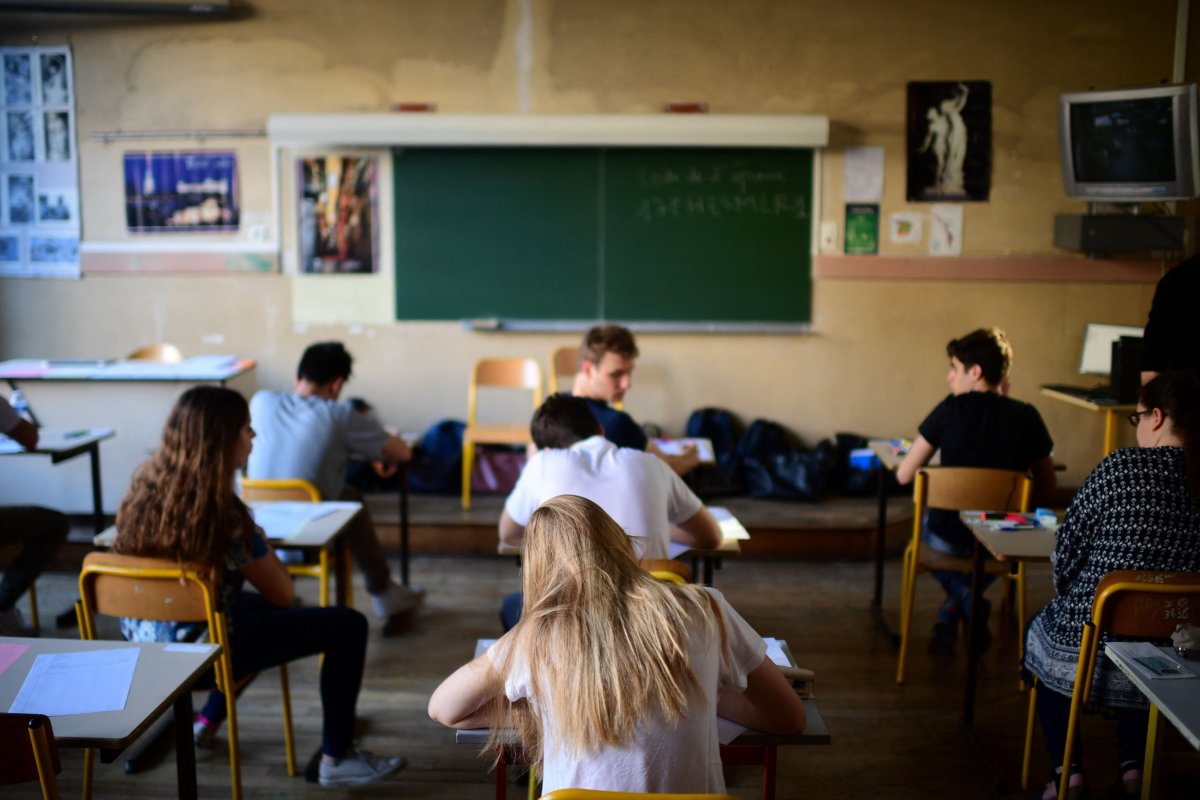Aleysha Ortiz, 19, alleges she cannot read or write yet says she graduated with honors from Hartford Public High School in 2024. She has since filed a lawsuit against the Hartford Board of Education and city officials, accusing them of negligence in failing to provide adequate special education services throughout her schooling, per reporting from Connecticut’s News 8 WTNH.
Ortiz, who is now enrolled at the University of Connecticut (UConn), said she relied heavily on assistive technology such as speech-to-text and text-to-speech programs to complete schoolwork, according to CNN.
Why It Matters
Ortiz’s lawsuit underscores broader concerns about systemic failures in public education, particularly in providing adequate support for students with learning disabilities. The case has drawn attention to how academic achievement is measured and whether special education students are truly receiving the skills they need to succeed beyond high school.
Additionally, it raises questions about how colleges assess applicants, especially those facing severe academic challenges.

Martin Bureau/Getty Images
What to Know
Ortiz told CNN she was promoted through school without acquiring fundamental literacy skills. In a May 2024 city council meeting, she testified that after 12 years in Hartford Public Schools, she was unable to read or write, despite being awarded an honors diploma.
Days before her graduation, school officials reportedly offered her the option to defer her diploma to receive additional support, but she declined, according to CNN.
How Did She Get Into College?
Her admission to UConn was possible due to the school’s holistic application process, which does not require SAT scores. According to UConn admissions, the university evaluates applications based on GPA, coursework, extracurricular activities and essays.
Ortiz, who told CNN she used voice-to-text software to complete her application, also received financial aid and scholarships to support her education.
Once in college, Ortiz faced academic difficulties. She shared with CNN that while UConn has provided support services, she took a leave of absence starting in February 2025 for mental health reasons. She has stated she intends to return to her studies but has faced challenges in adapting to the rigor of college coursework.
Experts have pointed out that Ortiz’s case is not unique. Literacy advocates argue that disparities in educational resources disproportionately affect students in underfunded districts, contributing to cases where students graduate without essential skills.
What People Are Saying
Hartford Public Schools said in a statement to CNN: “While Hartford Public Schools cannot comment on pending litigation, we remain deeply committed to meeting the full range of needs our students bring with them when they enter our schools—and helping them reach their full potential.”
Anthony Spinella, Aleysha Ortiz’s attorney, told the CTMirror: “We’re not suing for any services. We’re not suing for their inability to teach her basic skills. We’re suing for the emotional damage that was caused when [Ortiz] went through the processes of trying to get [the district] to help her and how she was treated by some of the administrators and the teachers.”
What Happens Next
Ortiz’s lawsuit against the Hartford Board of Education and city officials is ongoing. The outcome could impact future policies regarding educational accountability and support for students with learning disabilities.





